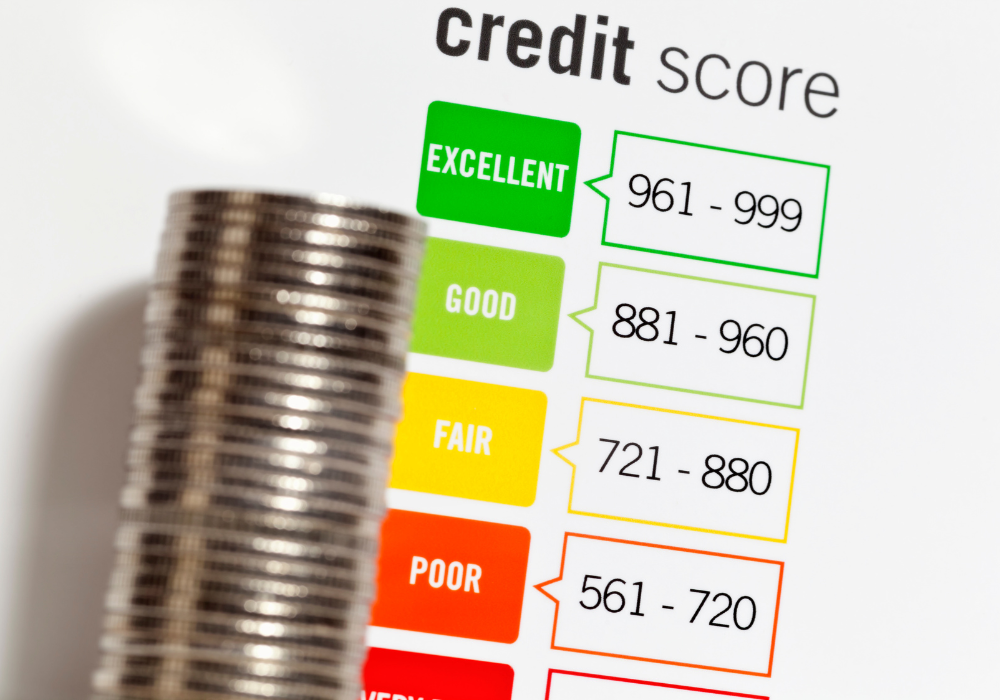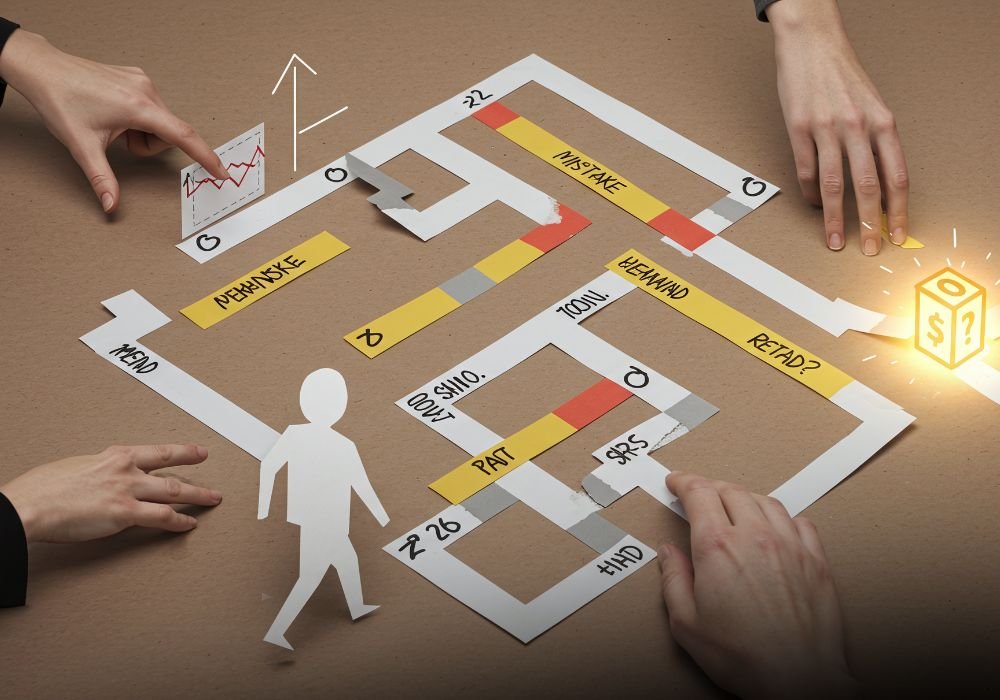Managing your money well is one of the most important skills you can develop. Good financial planning helps you live comfortably today and protects you from unexpected problems tomorrow. Whether you want to save for a home, your children’s education, or a peaceful retirement, making a few smart money moves is key to mastering financial planning.
In this article, you will find everything you need to know about planning your finances wisely. By the end, you will feel confident taking control of your money and making decisions that lead to a secure future.
Why Is Financial Planning Important?
Financial planning gives you control over your money. Without it, you might find yourself stressed about bills or struggling with debt. When you plan, you set clear goals and create a roadmap to reach them. This reduces money worries and helps you use your income wisely.
A well-planned financial life can protect you during tough times, help you enjoy life more, and prepare you for retirement. It also allows you to build wealth steadily rather than hoping for luck or quick fixes.

Start With a Budget
A budget is simply a plan for your money. It shows how much you earn and where your money goes each month. Without a budget, you might overspend without realizing it.
Begin by listing all your sources of income. This can include your salary, freelance work, or any other money you receive regularly.
Next, track your monthly expenses. Include everything: rent or mortgage, food, transport, utilities, and entertainment. Once you see all the numbers, compare your total spending with your income.
This will help you spot areas where you might be spending too much. You can then set limits on non-essential expenses like dining out or subscriptions.
If you’re just starting out, check our beginner’s guide on budgeting and saving to build stronger habits from day one.
Try to review and update your budget regularly. Life changes, and your budget should change with it.
Build an Emergency Fund
Life can be unpredictable. Your car might break down, or you might face medical bills or sudden job loss. These unexpected expenses can cause big problems if you don’t have savings to cover them.
An emergency fund is your financial safety net. Aim to save enough to cover three to six months of essential living expenses. This money should be kept in a place you can access quickly, like a savings account.
Start small if you need to. Even setting aside a little each month helps. Want to create a full roadmap? Follow our 10-step guide to building a strong financial foundation for your family’s long-term security.
Deal With High-Interest Debt
Not all debt is created equal. Some debt, especially credit card debt, comes with very high interest rates. This kind of debt grows quickly and can eat up your income.
It’s important to focus on paying off high-interest debts as soon as possible. List all your debts and check their interest rates. Pay extra towards the debt with the highest rate, while making minimum payments on others.
Once the worst debt is cleared, move on to the next one. This approach, often called the “debt avalanche,” helps you save money on interest and get out of debt faster.
Clearing high-interest debt frees up money you can use to save or invest.
Invest Wisely for the Future
Simply saving money is not enough to grow your wealth. Investing allows your money to work for you. Over time, smart investments can help beat inflation and build a solid financial foundation.
Before investing, consider your goals and how much risk you’re willing to take. Some investments, like stocks, offer higher returns but come with more risk. Others, like bonds or fixed deposits, are safer but yield lower returns.
Diversifying your investments is a good strategy. This means spreading your money across different types of assets to reduce risk.
If you are unsure where to start, seek advice from a trusted financial advisor. Start early, invest regularly, and keep learning about your options. Remember, patience is key — investment gains often grow over the long term.
Protect Your Financial Assets
Protecting what you have is just as important as building wealth. Unexpected events like illness, accidents, or natural disasters can threaten your financial security.
Insurance is one of the best ways to protect your money. Health insurance helps cover medical costs. Life insurance provides support for your loved ones if you pass away unexpectedly.
Besides insurance, keep your important documents safe. Use a secure place like a safe deposit box or a trusted digital storage with strong passwords. Always update your passwords and use two-factor authentication to protect online accounts.
Planning for risks is smart. It reduces surprises and keeps your finances stable even when life throws curveballs.
Plan for Retirement Early
Retirement may seem far away, but the earlier you start planning, the better. Saving and investing for retirement ensures that you will have money to live comfortably when you stop working.
Use retirement savings accounts available in your country. Many offer tax benefits and may have employer contributions, which can boost your savings.
Contribute as much as you can afford and increase your contributions over time. A diversified retirement portfolio helps balance risk and return.
Check your retirement plan regularly and adjust it to fit your changing needs. Planning for retirement is a long journey, but it is one of the best gifts you can give your future self.
Final Thoughts
Financial planning is not just for the wealthy or experts. Anyone can learn it and benefit. By creating a budget, building an emergency fund, paying down high-interest debt, investing wisely, protecting your assets, and planning for retirement, you can take charge of your financial future.
Start small, stay consistent, and follow a clear path to financial freedom—don’t be afraid to ask for help when needed. Your financial freedom is within reach, and it all begins with a clear plan.
FAQs
Q: How much should I save each month?
A: It depends on your income and goals. Aim to save at least 10-20% of your income. If that’s difficult, start with a smaller amount and increase it over time.
Q: Is investing risky for beginners?
A: All investments carry some risk, but starting early and diversifying your portfolio can reduce risk. Consider low-cost index funds or mutual funds as beginner-friendly options.
Q: What if I can’t pay off my debt quickly?
A: Focus on making at least the minimum payments to avoid penalties. Try to pay extra when you can. Contact creditors if you struggle—they might offer hardship programs.
Q: When should I review my financial plan?
A: Review your plan at least once a year or after major life changes like a new job, marriage, or moving.
Q: Can I plan for retirement without an employer’s plan?
A: Yes, you can open individual retirement accounts or savings plans depending on your country’s options. The key is to start saving regularly.










